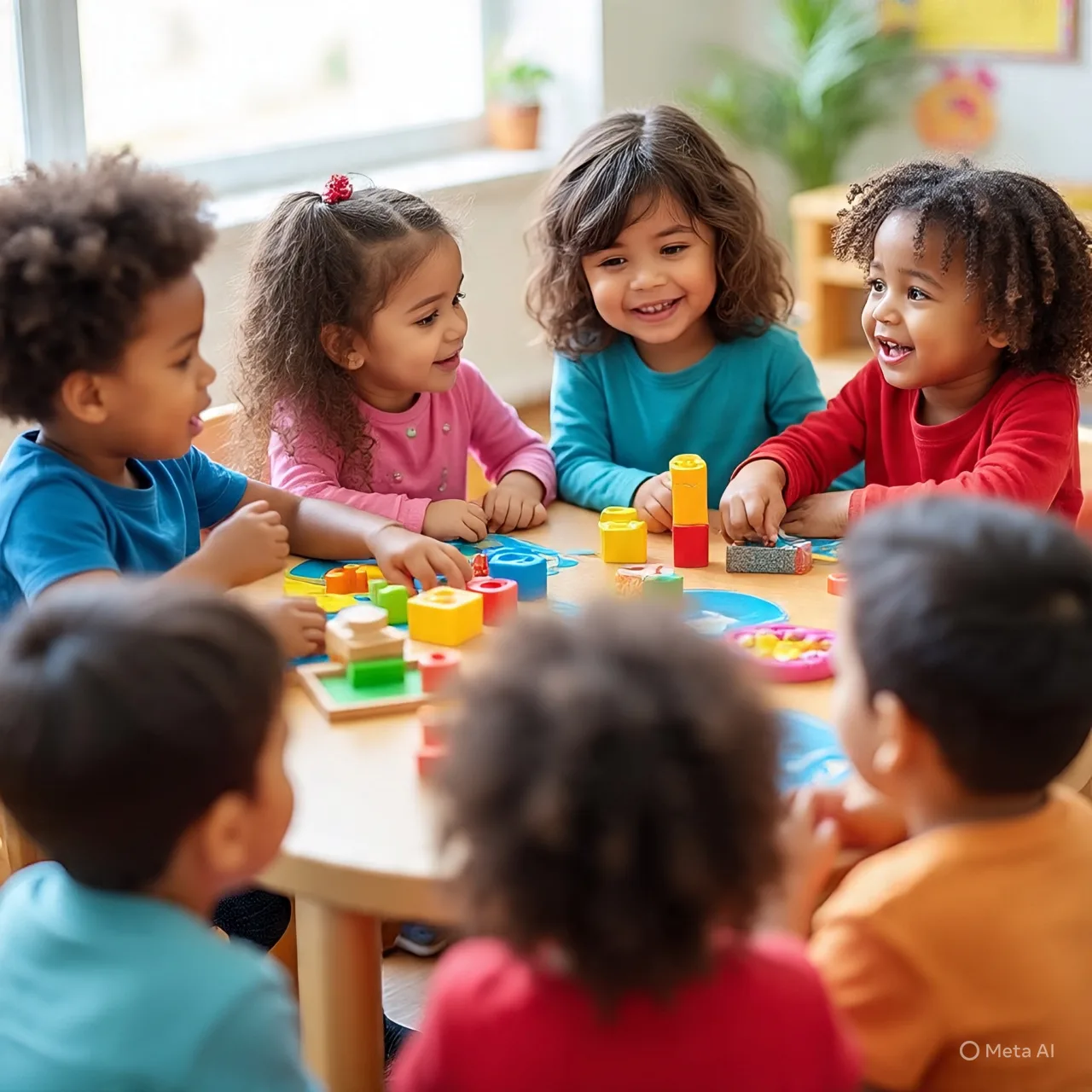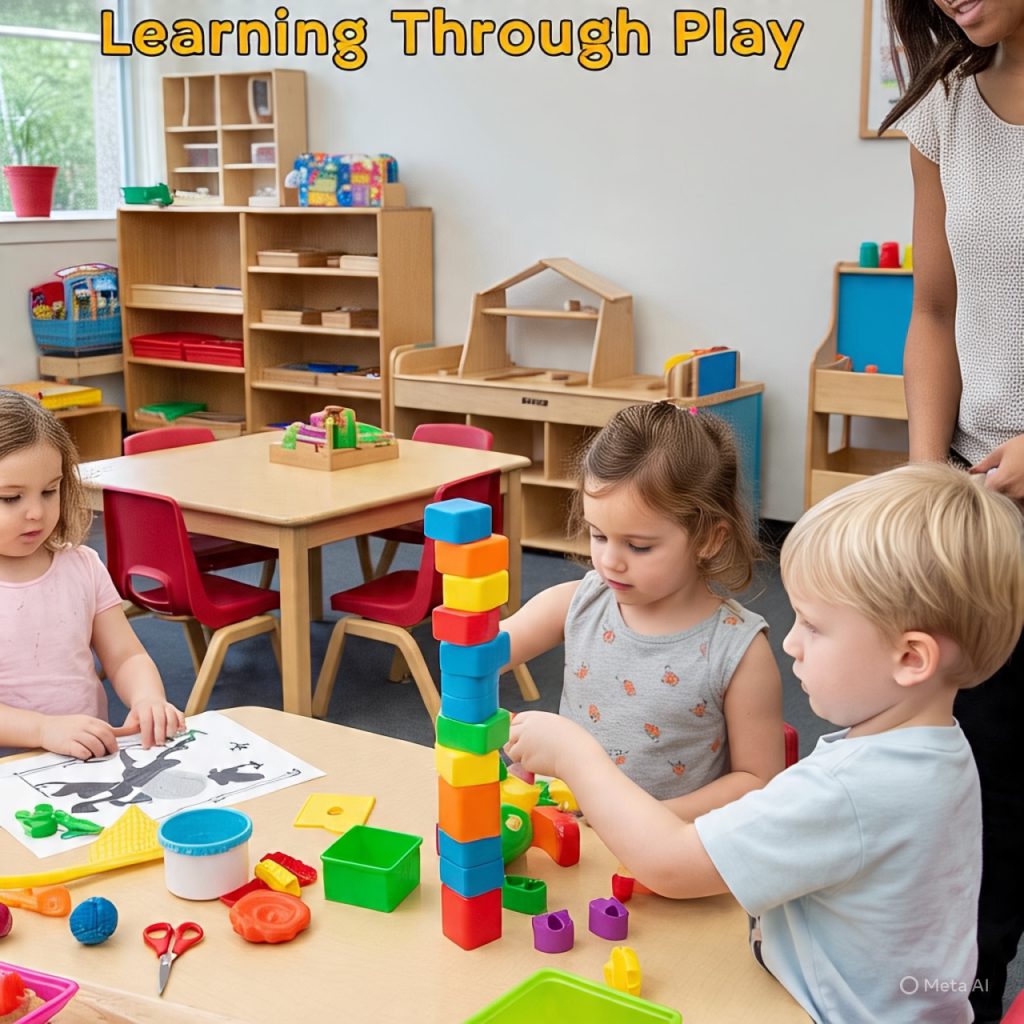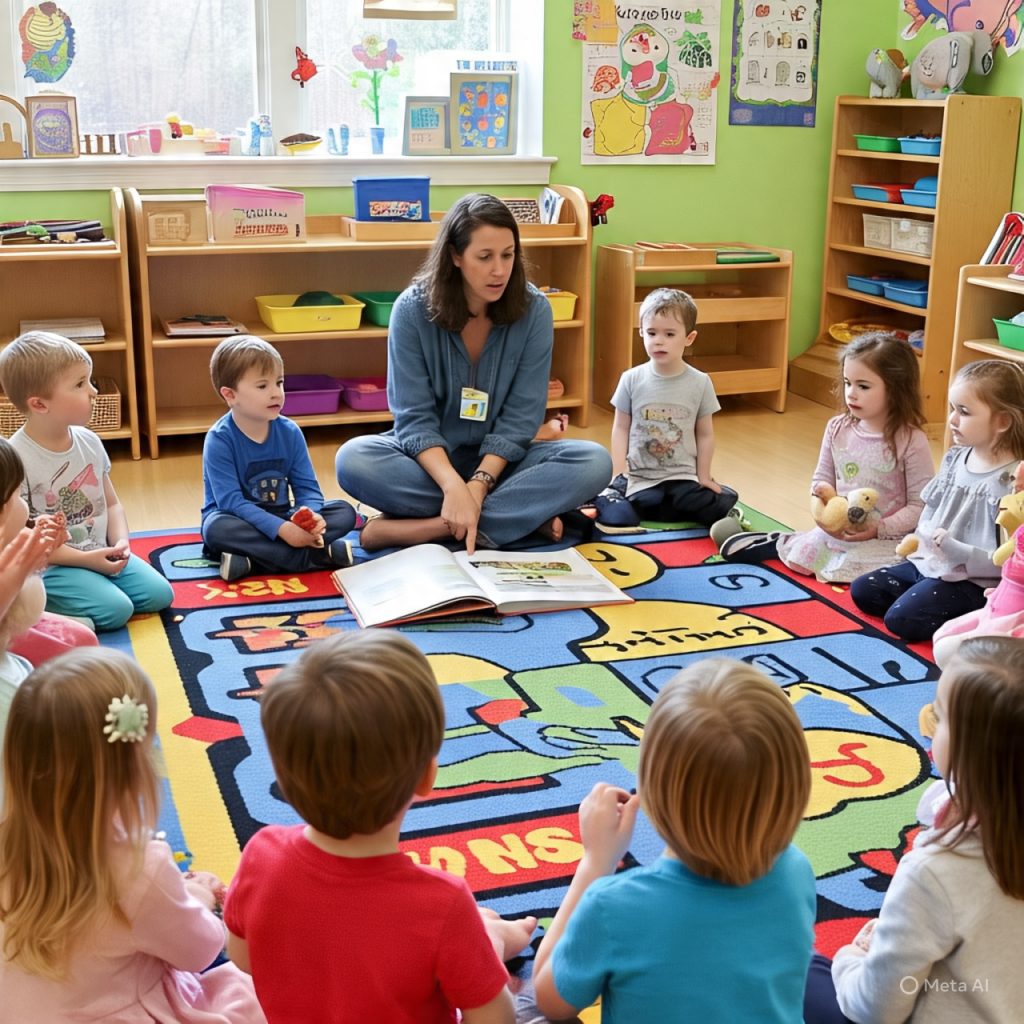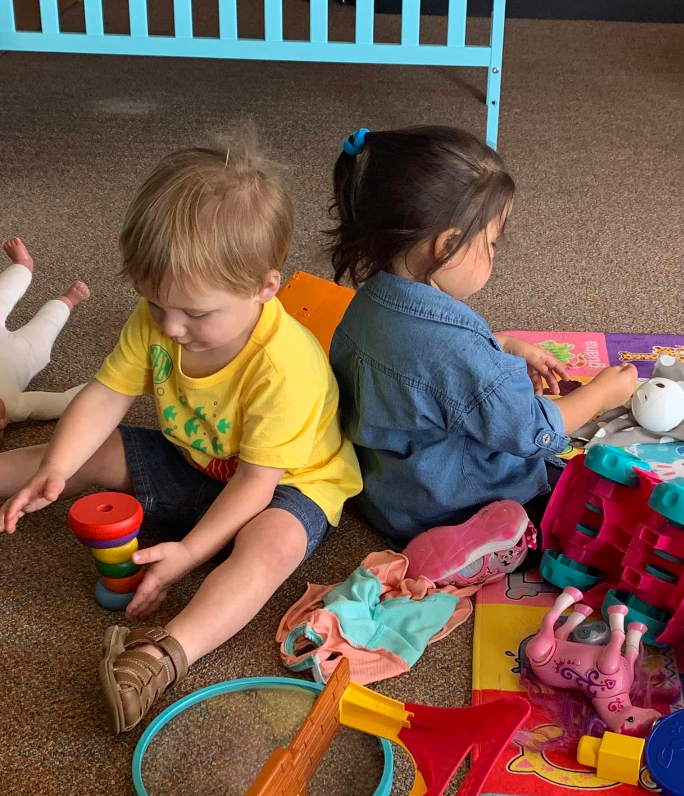Introduction
A child’s emotional well-being is the heart of healthy development. In the early years, children begin to recognize feelings, express emotions, and build resilience. A nurturing day care environment plays a powerful role in shaping these emotional skills. At Learning Nest Preschool & Day Care, we focus on helping every child feel understood, valued, and supported as they learn to manage their emotions with confidence.
1. Creating a Safe and Supportive Environment
Children learn best when they feel safe. In our day care, teachers create a warm and consistent environment where children can freely express themselves. Simple gestures like hugs, smiles, and calm voices help children feel secure, making it easier for them to explore and connect emotionally with others.
2. Recognizing and Naming Emotions
In early childhood, emotional understanding begins with identifying feelings. Through stories, songs, and conversations, children in child care learn to label emotions like happy, sad, angry, or scared. When they can name what they feel, they gain the first tool to manage it.
3. Building Emotional Regulation
Managing emotions is a key skill that children practice daily in day care. When conflicts arise—like sharing toys or waiting turns—teachers gently guide children to calm down, talk it out, and find positive solutions. These moments teach patience, problem-solving, and self-control in real time.
4. Encouraging Empathy and Kindness
Child care settings are full of opportunities for children to show care and kindness. Whether it’s comforting a sad friend or helping clean up, these small acts build empathy. At Learning Nest, we celebrate these moments because they shape the emotional intelligence children will carry for life.
5. Confidence Through Emotional Support
Confidence blooms when children feel loved and understood. Encouraging words and consistent care in day care help children believe in themselves. Teachers model positive behavior and recognize each child’s efforts, helping them develop self-worth and pride in their accomplishments.
6. The Role of Teachers and Caregivers
In day care, teachers are more than educators—they’re emotional role models. They show children how to express feelings appropriately and respond with compassion. Their calm guidance helps children feel safe enough to take emotional risks, try new things, and grow resilient.
Conclusion & Call to Action
Emotional growth is just as important as academic learning. A caring day care environment helps children build self-awareness, empathy, and emotional strength—skills that support them for a lifetime. At Learning Nest Preschool & Day Care, we make emotional development part of everyday learning, helping children grow into happy, confident learners. Looking for nurturing child care in El Dorado AR? Visit us today and discover a place where every emotion matters.










